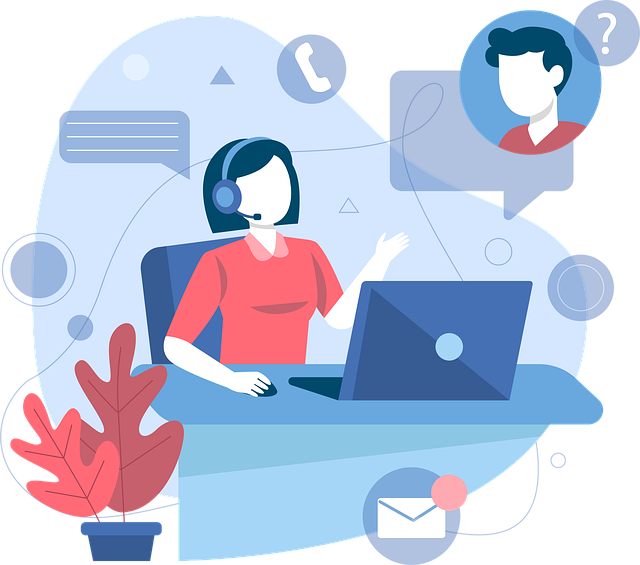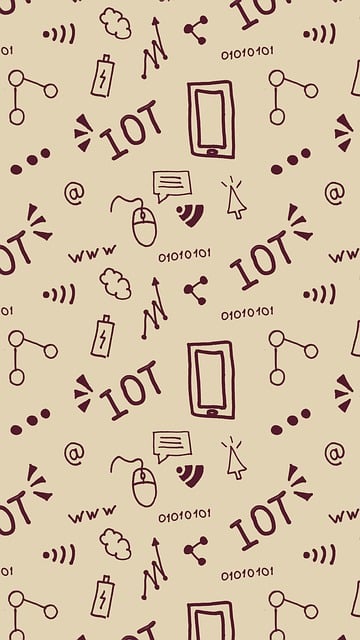Chatbot AI transforms lead generation by offering 24/7 engagement through human-like conversations, leveraging NLP and ML for tailored responses and lead qualification. Deployed on platforms like websites and social media, chatbots gather data for targeted email lists and improved nurturing. With customizable interactions, chatbot AI enhances sales efficiency, allowing businesses to manage a larger volume of inquiries simultaneously. Success demands strategic deployment, user-centric approach, seamless integration, and continuous optimization based on key metrics and customer satisfaction scores.
In today’s digital landscape, AI chatbots are transforming lead generation strategies. This article delves into the innovative world of chatbot AI, exploring its potential for driving sales and enhancing customer engagement. We’ll uncover the benefits of integrating chatbots into your sales funnel, provide practical tips for effective implementation, and guide you through measuring success with key metrics. By understanding chatbot AI, businesses can leverage this technology to capture leads efficiently and drive growth.
- Understanding Chatbot AI for Lead Generation
- Benefits of Using Chatbots for Sales
- Implementing Chatbot Strategies Effectively
- Measuring Success: Key Metrics and Analysis
Understanding Chatbot AI for Lead Generation

Chatbot AI has emerged as a powerful tool in lead generation strategies, offering businesses an innovative way to engage and attract potential customers. These intelligent virtual assistants are designed to mimic human conversation, allowing companies to interact with clients on a more personal level. By utilizing natural language processing (NLP) and machine learning algorithms, chatbot ai can understand user queries, provide relevant responses, and even qualify leads based on their interactions.
In the context of lead generation, chatbots can be deployed on various platforms like websites, social media messaging apps, or messaging platforms to initiate conversations with visitors or users. They can gather valuable information through interactive questionnaires or by guiding users through a sales funnel, ultimately helping businesses build targeted email lists and nurture leads more effectively. The ability to provide 24/7 availability, instant responses, and personalized interactions sets chatbot ai apart as an efficient and cost-effective solution for lead capture and qualification.
Benefits of Using Chatbots for Sales

Chatbots powered by artificial intelligence (AI) are transforming sales strategies, offering numerous advantages for businesses looking to boost lead generation. One of the key benefits is their 24/7 availability; AI chatbots can engage with potential customers at any time, providing immediate responses and creating a seamless customer experience. This round-the-clock accessibility ensures that no qualified lead goes unnoticed or unresponded to, increasing the chances of converting interested prospects into paying customers.
Furthermore, these chatbots are highly customizable and scalable. They can be programmed to handle various sales tasks, from answering common queries to qualifying leads and scheduling appointments. As a result, sales teams can focus on more complex, high-value interactions, improving overall efficiency. With AI chatbots, businesses can effectively manage a larger volume of customer inquiries simultaneously, making lead generation a more streamlined and successful process.
Implementing Chatbot Strategies Effectively

Implementing effective chatbot AI strategies requires a thoughtful approach. Businesses should begin by identifying clear objectives and understanding their target audience’s needs and pain points. Customizing chatbot conversations to align with these insights is vital for engaging users meaningfully. Incorporating natural language processing (NLP) enables chatbots to comprehend user queries accurately, ensuring relevant responses.
Additionally, integrating chatbots seamlessly across various touchpoints, such as websites, messaging apps, and social media platforms, can maximize their reach and impact. Regular performance monitoring and data-driven optimizations are essential to improving chatbot AI capabilities over time, thereby enhancing lead generation efforts through efficient and effective customer interactions.
Measuring Success: Key Metrics and Analysis

Measuring the success of AI chatbots in lead generation involves tracking several key metrics. These include conversation rates, which gauge the percentage of visitors engaging in a chat interaction; conversion rates, determining how many leads are generated from these conversations; and message volume, monitoring the number of messages exchanged per session. Analyzing these data points helps assess chatbot performance and identify areas for improvement.
Additionally, customer satisfaction scores derived from post-chat surveys provide insights into user experience. By evaluating these metrics, businesses can optimize their chatbot AI to enhance lead quality and quantity. Effective analysis enables them to refine conversation flows, tailor responses, and ultimately, improve conversion rates, ensuring the chatbot becomes a powerful tool in their lead generation strategy.
AI chatbots are transforming lead generation strategies, offering businesses an efficient and effective way to engage potential customers. By understanding their capabilities, leveraging their benefits, and implementing well-planned strategies, companies can effectively capture leads and drive sales growth. Measuring success through key metrics allows for continuous improvement and optimization, ensuring chatbot AI remains a powerful tool in today’s competitive market.
